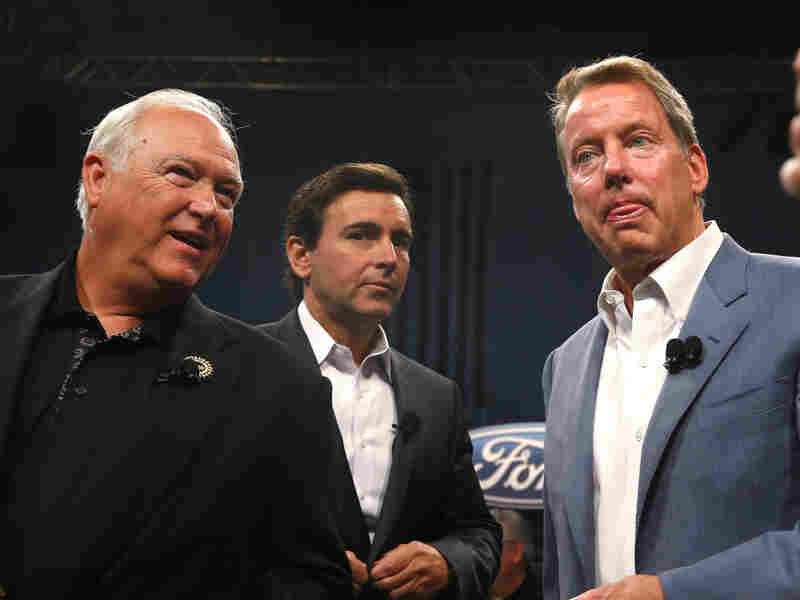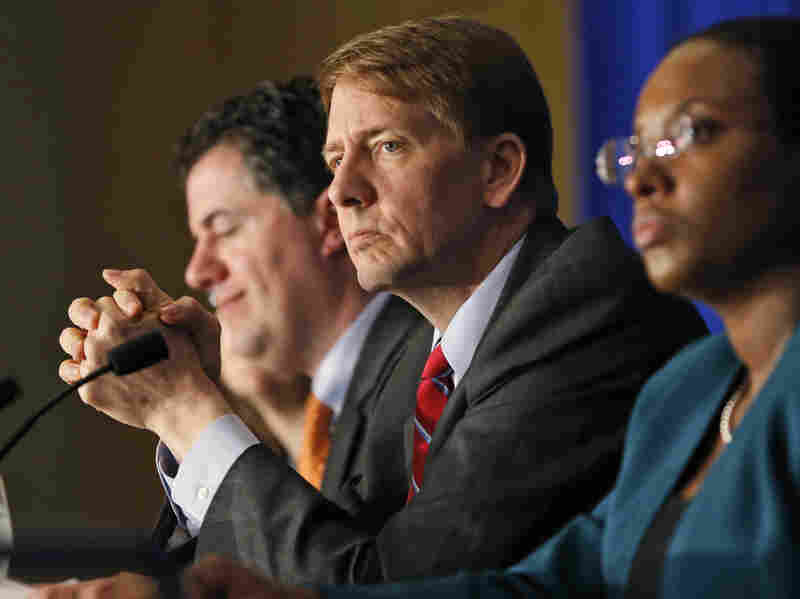Nevada Shuts Down Daily Fantasy Sports Sites
Nevada regulators have ordered daily fantasy sports sites like FanDuel and DraftKings to shut down, saying the businesses can’t operate in the state without a gambling license.
The sites, which claim they operate under a chance-based wagering model — not skill-based — and therefore should not be subject to gambling regulations, have soared in popularity over the last year, the Associated Press reports. But recently, increased scrutiny by regulators have dampened some of the excitement surrounding the sites.
In fact, Nevada’s order comes just one day after it was reported that federal authorities had begun questioning the practices of daily fantasy sites, according to The New York Times.
The FBI reportedly asked daily fantasy sports players whether the sites accepted bets from states where the practice is prohibited and if daily fantasy site employees benefited improperly from insider knowledge.
The questioning began shortly after a DraftKings employee accidentally released data showing which NFL players were started in the most fantasy lineups — before some games had started.
As we reported at the time, that same employee won $350,000 in a contest on rival site FanDuel, which prompted New York state to open an investigation.
The incident also spurred DraftKings and FanDuel to issue a joint statement saying that they valued “the integrity of the games” and were temporarily barring their employees from participating in either site’s contest.
It remains to be seen if the growing backlash against the sites will interrupt their meteoric rise. As Sports Business Daily reported, investors and participants alike quickly embraced the daily fantasy sports model.
“In 2014, 1.5 million Americans paid more than $1 billion in tournament entry fees and FanDuel grew 300 percent in active customers. Yahoo announced on July 8 that it will join the fray. KKR,Comcast/NBC and others have invested in FanDuel, whose valuation now exceeds $1 billion. DraftKings’ exclusive advertising deal with Disney reportedly guarantees $250 million in advertising on ESPN. With sponsorships in every U.S. major league, DFS advertising will soon exceed the levels of online poker sites PokerStars and FullTilt during the pre-2011 poker boom.”
This entry passed through the Full-Text RSS service – if this is your content and you’re reading it on someone else’s site, please read the FAQ at fivefilters.org/content-only/faq.php#publishers.






